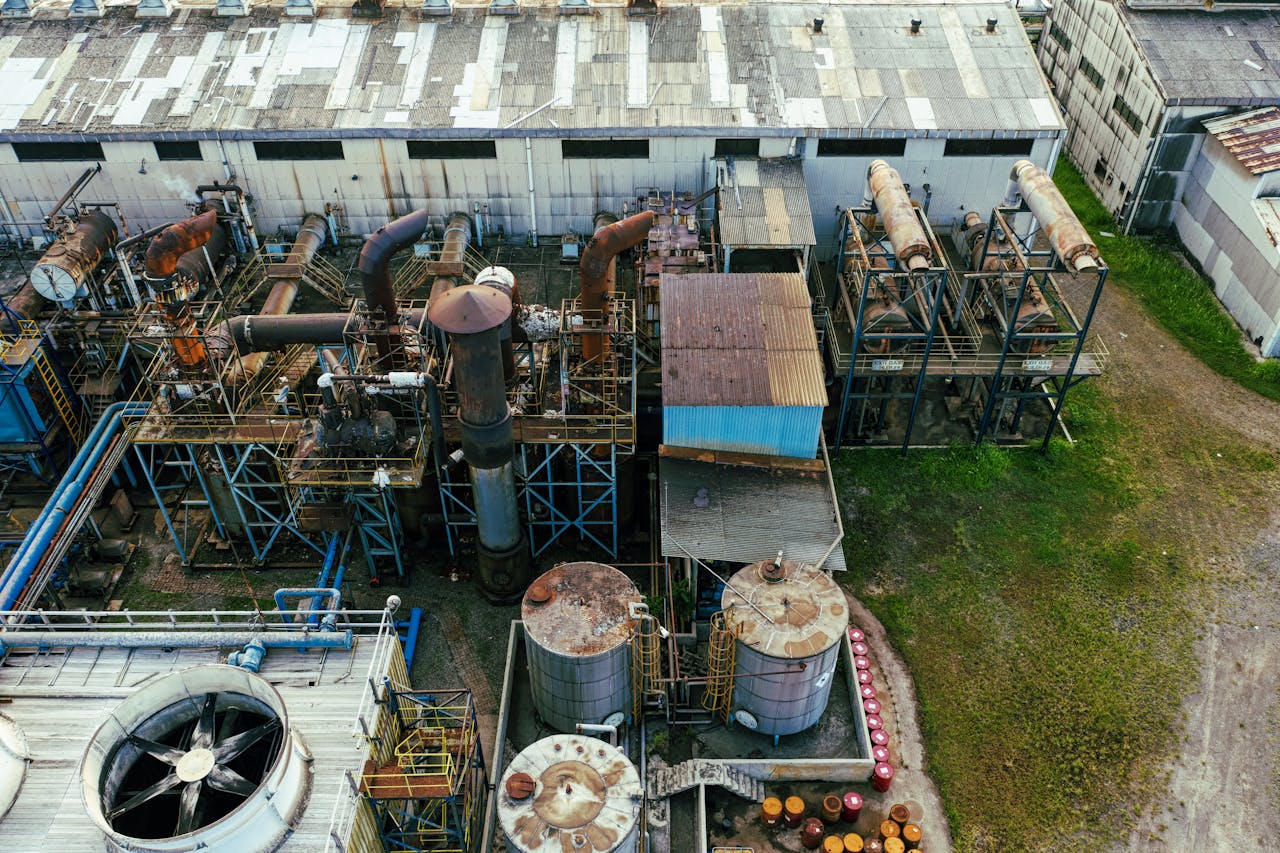
Chemical processing facilities face unique challenges regarding safety protocols, particularly managing critical components like Teflon-lined expansion joints. These specialized joints play a vital role in maintaining the integrity of chemical processing systems while ensuring worker safety.
Understanding the Basics of Chemical Processing Safety
The chemical processing industry demands unwavering attention to safety protocols, especially when dealing with corrosive materials and high-pressure systems.
Teflon-lined expansion joints are crucial components in these environments. They provide necessary flexibility while maintaining chemical resistance against aggressive substances.
Critical Safety Considerations for Expansion Joints
When handling hazardous materials, the integrity of your expansion joints can mean the difference between smooth operations and catastrophic failure.
Regular inspection schedules must be implemented to monitor wear patterns, potential chemical attacks, and mechanical stress points.
Maintenance personnel should be properly trained to identify early warning signs of joint deterioration, such as discoloration, deformation, or unusual movement patterns.
Proper Installation and Handling Procedures
Professional installation of expansion joints is non-negotiable in chemical processing environments.
Certified technicians must ensure proper alignment, torque specifications, and anchoring to prevent potential leaks or failures.
Temperature and pressure ratings should be strictly adhered to, and regular monitoring systems should be in place to detect deviations from optimal operating conditions.
Environmental Monitoring and Control
Maintaining appropriate environmental conditions is crucial for the longevity of expansion joints.
Temperature fluctuations, chemical exposure levels, and pressure variations must be continuously monitored and documented.
Facility managers should implement comprehensive monitoring systems with clear alarm protocols for any deviation from acceptable parameters.
Emergency Response and Containment Protocols
Despite best practices, emergencies can occur.
A well-documented emergency response plan specific to expansion joint failures should be in place and regularly updated.
Staff must be trained in containment procedures and proper use of safety equipment in case of chemical exposure or joint failure.
Preventive Maintenance Strategies
Regular maintenance schedules should include detailed inspection protocols for all expansion joints in the system.
Documentation of maintenance activities, including photographic evidence and measurement records, helps track joint performance over time.
Replacement schedules should be established based on manufacturer recommendations and actual operating conditions.
Quality Control and Documentation
Maintaining detailed records of expansion joint specifications, installation dates, and maintenance history is essential for regulatory compliance and safety management.
Regular audits of safety protocols and maintenance procedures help ensure consistent adherence to established standards.
Take Action for Enhanced Safety
Don’t wait for a safety incident to review your expansion joint protocols. Contact Zepco’s experienced team today for a comprehensive safety assessment of your chemical processing facility’s expansion joint systems. Our experts will help you develop and implement robust safety protocols tailored to your specific needs.
Remember, when it comes to chemical processing safety, properly maintained Teflon-lined expansion joints are not just components—they’re critical safeguards for your facility and personnel. Let us help you maintain the highest standards of safety and operational excellence.
Schedule Your Safety Assessment Today
Contact Zepco’s team of expansion joint specialists to schedule your comprehensive facility assessment. Our experts will evaluate your current systems, identify potential risks, and provide detailed recommendations for maintaining optimal safety standards.
Call us at +1-864-428-8243 or visit our website to learn more about our specialized services for chemical processing facilities.

Comments are closed.